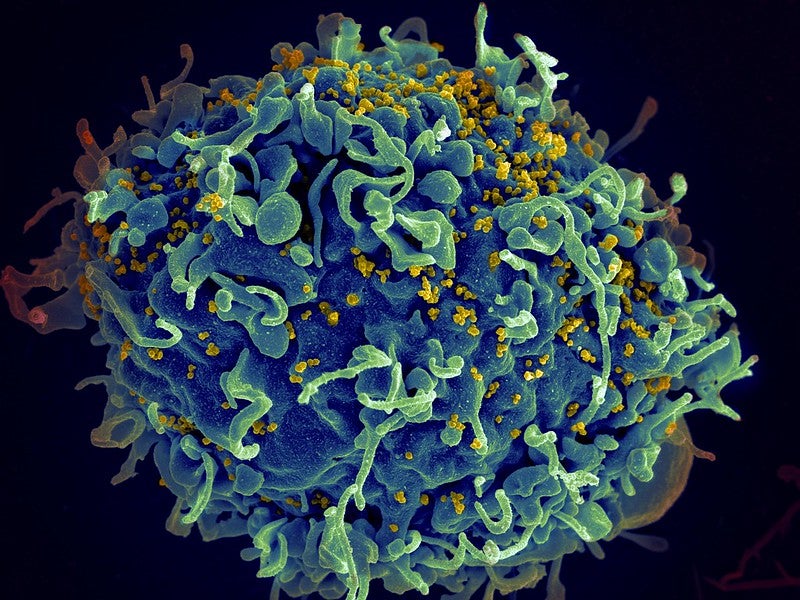
ViiV Healthcare has reported positive results from the interim analysis of the HIV Prevention Trials Network (HPTN) 083 study to assess a long-acting formulation of cabotegravir for HIV prevention.
The study met its primary objective of non-inferiority when compared to daily pills of emtricitabine/tenofovir disoproxil fumarate 200mg and 300mg (FTC/TDF). ViiV noted that the difference approached superiority in favour of cabotegravir, while final analysis is pending.

Discover B2B Marketing That Performs
Combine business intelligence and editorial excellence to reach engaged professionals across 36 leading media platforms.
It was conducted in around 4,600 participants across more than 40 sites in North and South America, Asia and Africa.
The independent Data and Safety Monitoring Board (DSMB) found in a planned interim review that the results clearly suggest that long-acting injectable cabotegravir was highly effective in preventing HIV in participants.
The safety profile observed in the two groups showed that the majority of participants in the cabotegravir arm experiencing pain or tenderness at the injection site versus 31% in the FTC/TDF arm who were given placebo.
After reviewing this data, the DSMB recommended that the blinded, randomised portion of the trial can be stopped early and results released. The DSMB recommendation was approved by the study’s sponsor US National Institute of Allergy and Infectious Diseases (NIAID).

US Tariffs are shifting - will you react or anticipate?
Don’t let policy changes catch you off guard. Stay proactive with real-time data and expert analysis.
By GlobalDataViiV Healthcare Research & Development head Kimberly Smith said: “We continue to be focused on the completion of the companion HPTN 084 study, which will give us important information about the effectiveness of cabotegravir in women.
“New options are needed for HIV prevention that offer an effective alternative to daily oral PrEP. If approved, this long-acting injectable has the potential to be a game-changer for HIV prevention by reducing the frequency of dosing from 365 days to six times per year.”
The DSMB reviewed data from HPTN 084, which was commenced 12 months later than HPTN 083, and recommended that it can continue as planned.





